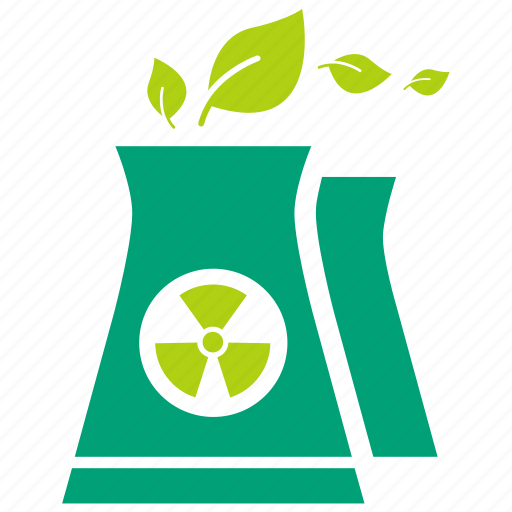Country takes step closer to setting up a regulatory authority.
Estonia’s parliament passed a resolution on Wednesday (12 June) clearing the way for the creation of a Nuclear Energy and Safety Act, which will establish a regulatory body to oversee the safe implementation of nuclear technology in the Baltic country.
Public broadcaster ERR reported that the resolution, which is non-binding, received a majority vote with 41 members of the 101-strong national assembly in favour of laying the groundwork for the nuclear energy legislation.
Twenty-five members of parliament voted against the resolution and two abstained.
ERR said the resolution was based on December 2023 findings from a nuclear energy working group which had confirmed the feasibility of nuclear power in Estonia and outlined a comprehensive plan to integrate it into the national energy framework.
This plan includes a detailed assessment of national security, financial risks, and ownership concerns associated with nuclear energy.
In early May, 55 members of Estonian parliament submitted the draft nuclear energy resolution.
According to ERR, supporters of the resolution argue that nuclear power will complement renewable energy sources by providing a stable, continuous generation capacity, thereby reducing the variability in energy production.
Nuclear power is also expected to play a role in achieving Estonia’s climate targets, securing long-term energy supply, and stabilising electricity prices.
Estonia’s climate strategy includes plans for up to four small modular reactors with the first to be operational around 2035.
Privately-owned Estonian company Fermi Energia plans to build at least two SMRs in Estonia using GE-Hitachi BWRX-300 reactor technology.
A spokesperson for Fermi Energia told NucNet in an email that the company welcomes the parliament’s resolution but “there is a lot of work ahead”.
Fermi Energia continues to prepare the application for the national designated spatial planning and various works for procurement preparation, training and recruitment of necessary personnel and cooperation with communities, the spokesperson said.


